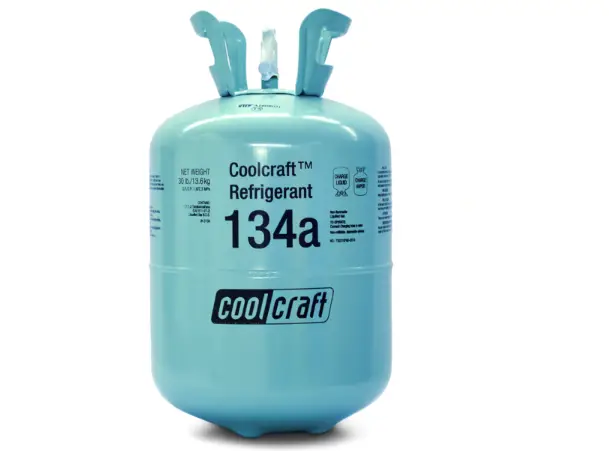Refrigerant overcharge – the phrase might sound a tad technical, but it’s a common issue that can turn your cooling paradise into a hot mess. So, why should you care? Well, knowing about it could save you from a lot of headaches, discomfort, and even a hefty repair bill. In this article, we’ll decode this jargon and walk you through everything you need to know. Buckle up!

Table of Contents
Understanding Refrigerant Overcharge
The Role of Refrigerant in Your HVAC System
Before we delve into overcharge, let’s talk refrigerants. These are the magical substances that make our summers bearable. They absorb heat from your home and release it outside, giving you that cool, refreshing indoor environment. But the key to their magic lies in the right quantity. Too little or too much can mess up the whole cooling act.
What Happens During an Overcharge
So, what’s a refrigerant overcharge? It’s when your system gets a little too greedy and ends up with more refrigerant than it can handle. The result? Your AC’s performance dips, your energy bills shoot up, and your comfort takes a hit. Trust me, it’s not a situation you want to find yourself in.
Symptoms of an Overcharged Refrigeration System
Unusual Noises
Ever noticed your AC sounding like it’s hosting a rock concert? Overcharge could be your culprit. The extra refrigerant creates pressure that your compressor isn’t built to handle, causing it to make some pretty funky noises.
Reduced Cooling Efficiency
Is your AC working like a champ but your home still feels like a sauna? It could be a symptom of overcharge. The excess refrigerant can prevent the system from absorbing and releasing heat effectively, leaving you sweaty and frustrated.
High Energy Consumption
Are your energy bills giving you nightmares? An overcharged system might be to blame. It has to work extra hard to cool your home, guzzling more power and leaving you with those scary bills.
System Component Damage
Your AC is a bit like a carefully balanced ecosystem. Too much refrigerant disrupts the balance, putting undue stress on the components. Over time, this could lead to some serious damage. Now, that’s a plot twist you don’t want!
For more detailed articles on refrigerant, click here: Articles on Refrigerants: The Ultimate Guide to Understanding Them
Diagnosing Refrigerant Overcharge
Professional Diagnosis
If you suspect overcharge, it’s best to call in the pros. They have the right tools and expertise to diagnose the issue accurately. It’s like having a detective for your AC – they’ll find the clues and solve the mystery in no time.
DIY Diagnosis
While I’d always recommend professional help, if you’re a DIY enthusiast, there are a few signs you can look for. However, always remember – safety first! Never attempt anything that could put you or your AC at risk.
Remedying Refrigerant Overcharge
Professional Repairs
Once an overcharge is confirmed, it’s time for repairs. And let me tell you, this isn’t a job for your ordinary toolbox. Professionals will safely remove the excess refrigerant and check for any damage. It’s like giving your AC a fresh start!
Preventative Measures
Now you’re probably wondering how you can avoid this overcharge mess in the first place. Regular maintenance is your best bet. It’s like having a regular check-up for your AC, ensuring it stays in tip-top shape, ready to take on the heat.
Conclusion
So, that’s the scoop on refrigerant overcharge. It’s all about the balance. Too much of a good thing can indeed be bad, even when it comes to refrigerants. By recognizing the signs and taking timely action, you can ensure your AC continues to be your cool companion, not a hot problem. Stay cool, folks!